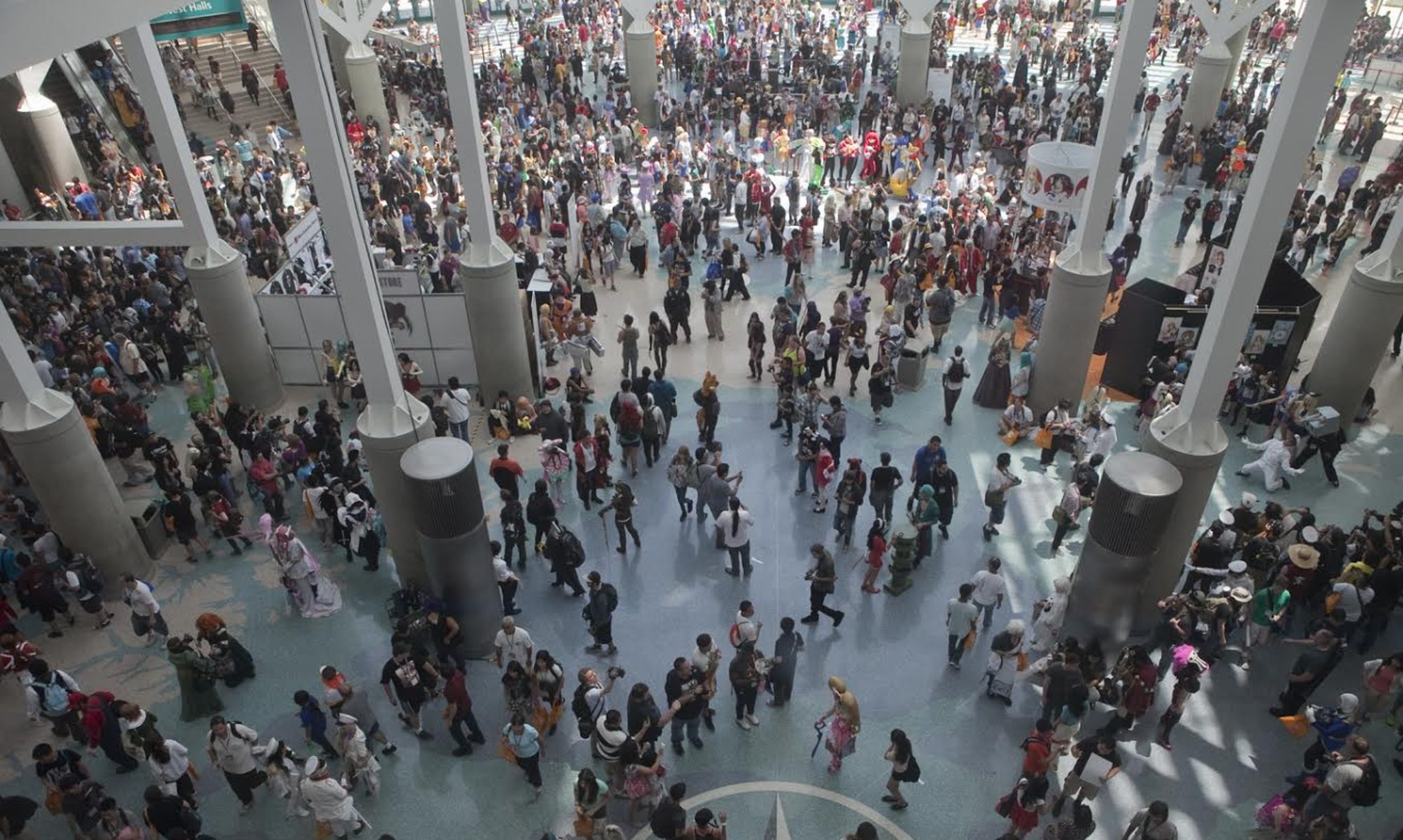Age: 44
Location: Durham, North Carolina
When did you discover anime? In the olden days of the 1970s, there existed Speed Racer and Battle of the Planets, but they never hooked me. In college in the early 1990s, a vampire-loving friend acquired VHS tapes of Vampire Hunter D and Vampire Princess Miyu (OVA) at a science fiction convention; in a fit of nostalgia in 1997 I bought Miyu through Suncoast video, but the clerk gave me such grief for requesting anything as uncool as Japanese cartoons that I resolved to purchase future tapes from some new online vendor called Amazon. Fast forward to the 2000s, when I caught a glimpse of Inuyasha on Adult Swim, and I was hooked. After Inuyasha was Ghost in the Shell, and while it wasn’t to my taste necessarily, the voice actor who played the Major had a phenomenal voice. I bought a TiVo so that I could capture both shows. In 2007 the twenty-something in my lab introduced me to online fan-subbed, and this was back in the day before YouTube videos played longer than ten minutes. To have accessible material was a dream. I’m now a subscriber to legitimate anime stations, and I consume print and digital manga.
What appealed to you about anime when you first discovered it? Two things: it filled a hole left behind when Buffy the Vampire Slayer went off the air. I will always be a sucker for Scooby-Doo crossed with Days of Our Lives shows. Secondly, the on demand aspect of online fan-subs: all I wanted to do was watch television while eating dinner after a long day at work, and the only thing on cable TV at that time was news or garbage.
What was it like to be a part of anime fandom at the time? I was a working professional, so I was only confiding with close friends.
How did being a working professional make fandom prohibitive? Working for a large corporation, there was a lot of pressure to not stand out. It was a very competitive environment. The only safe topics of conversation were traffic, sports, or weather; admitting to liking anything unusual might give your coworkers something sticky with which to label you or otherwise undermine you. It took me years to realize somebody the next lab over watched Buffy the Vampire Slayer, too, because we just couldn’t admit it aloud.
Is it different today? Are things easier now? In the workplace, it really depends on the folks in your micro environment. In my mid-forties I mind less about my reputation. If my manager gives me grief because I slapped a Hello Kitty magnet on my car, so be it. What is easier is accessing other fans online.
Was the Internet a part of fandom at the time? If yes, how? If no, how did you connect with other fans? I only connected by word of mouth with other fans I knew through work: the twenty-something recent graduate, and the friend practicing her hiragana with names from an anime during a company safety meeting.
When did you first begin participating online, and what form did that take? I had no idea that an online fandom existed until relatively recently. (A couple of years ago?) I found Anime News Network through internet searches and followed the handles of contributors to Twitter. I read more than I write or post, because at the end of an exhausting day, I just want to be informed and entertained. I had no clue that other fans were out there or that I could search for them.
Do you remember your first convention? What was it, and what was it like?
2009(?) Animazement in Raleigh, NC. I hear that it’s a very well-run convention, and the participants have a reputation for enthusiasm and good behavior. It was overwhelming and fun!
Why did you decide to go to a con? I knew a family who were volunteering, and they encouraged me to go. They also gave me advice as to which panels to go to, and that helped me from becoming overwhelmed. It helped that I had been to my own professional conventions before, so I didn’t mind the noise or the crowds. It also has helped that Animazement has earned a reputation for being a very well-run event, and the crowds are generally well-mannered and cheerful. I love the shopping, the energy, and the many creative cosplayers.
For you, what’s the biggest change between anime fandom when you discovered it and anime fandom now? My perception of fandom has changed. I used to think that fans were all young adults, and while that is who mostly goes to cons, I have found writers online who represent much more diversity in age and experience.
Jennifer can be reached on Twitter.
